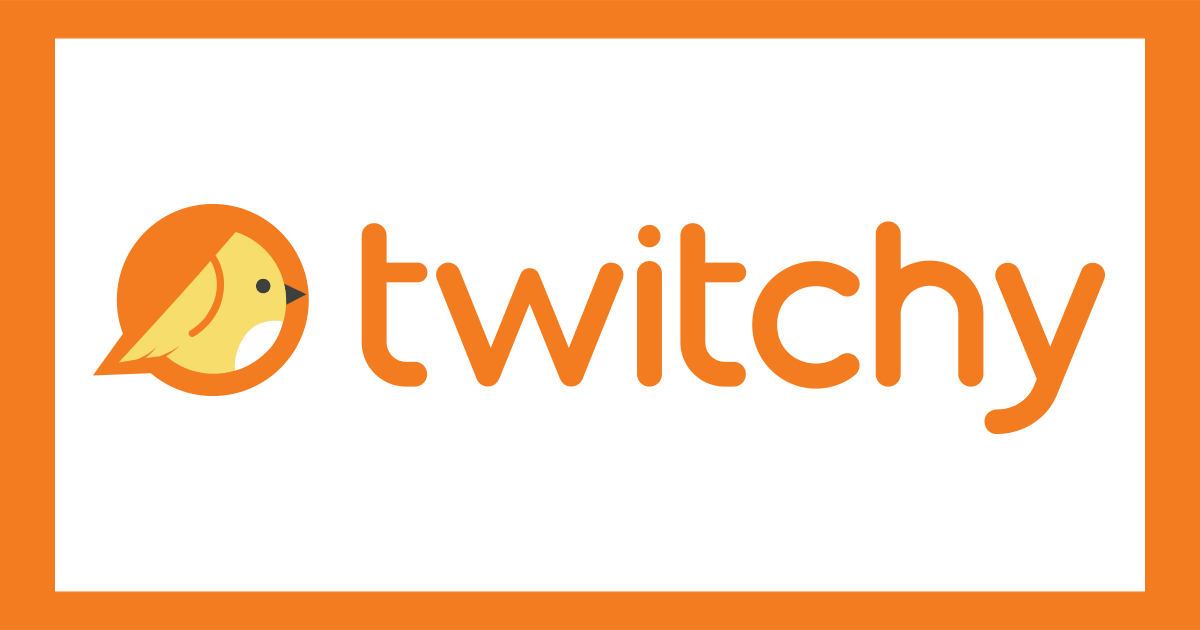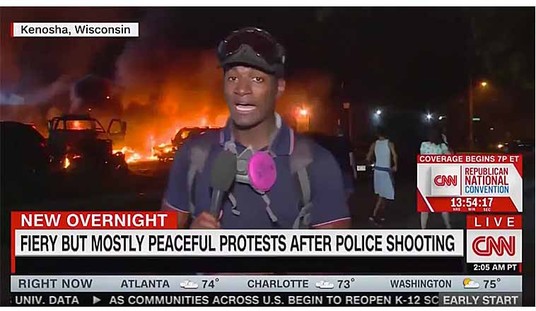Monday’s 8—0 Supreme Court ruling in the case of Matal v. Tam didn’t score a lot of attention from the news media, and it’s not hard to see why: an Asian-American band called The Slants was arguing for, and won, the right to trademark the name.
The ruling did inspire the New York Times editorial board to rethink its position on banning the Washington Redskins from trademarking the team’s name, and on Wednesday an op-ed in the Los Angeles Times argued that “hate speech” should be restricted, as marginalized groups are hardest hit, and according to research, feel real effects.
The case for restricting hate speech https://t.co/JToik8jTYv via @latimesopinion pic.twitter.com/T1VRjNDF3H
— Los Angeles Times (@latimes) June 21, 2017
First three words are “As a sociologist.” https://t.co/q7Cvf7CKnl
— Charles C. W. Cooke (@charlescwcooke) June 21, 2017
@CounterMoonbat @latimes @latimesopinion Thank you for saving me from reading words 4 and beyond.
— Mister D Bag (@RacerBoy17) June 21, 2017
https://twitter.com/LakeGregory/status/877595302437339136
Sociologist and legal scholar Laura Beth Nielsen asks readers to consider speech from the perspective of equality, using examples of real-life restrictions on speech like city ordinances that ban panhandling. Such codes favor the “powerful and popular” from aggressive requests for money. Now extend that further to other disadvantaged groups:
Racist hate speech has been linked to cigarette smoking, high blood pressure, anxiety, depression and post-traumatic stress disorder, and requires complex coping strategies. Exposure to racial slurs also diminishes academic performance. Women subjected to sexualized speech may develop a phenomenon of “self-objectification,” which is associated with eating disorders.
These negative physical and mental health outcomes — which embody the historical roots of race and gender oppression — mean that hate speech is not “just speech.” Hate speech is doing something. It results in tangible harms that are serious in and of themselves and that collectively amount to the harm of subordination. The harm of perpetuating discrimination. The harm of creating inequality.
Free speech absolutists, therefore, need to consider that marginalized groups suffer so that people can be hateful. Thoughts?
https://twitter.com/asher_lamar_wu/status/877585411996082177
Blessedly, the sociologists lost in 1791.
— Shawn (@Shawn_on_Games) June 21, 2017
https://twitter.com/sjfotos/status/877579509104377859
I thought that was a joke ?
— Max Body Spray (@max_walton_) June 21, 2017
In fairness, she does have a JD. Also in fairness, that doesn't mean as much as she probably thinks it does.
— just alan (@anythingbutdem) June 21, 2017
Old and broke: Ban speech because it offends.
New hotness: Ban speech because it causes physical harm. https://t.co/CyeVo07Wof
— David French (@DavidAFrench) June 21, 2017
So now they hate the first two amendments. Really widening their tent on getting rid of the Constitution, eh? pic.twitter.com/tokGlwm7iH
— Aubrey Bear (@NotReallyABear2) June 21, 2017
https://twitter.com/KatherineDurde1/status/877583997584510977
https://twitter.com/FacepalmMigrane/status/877610501718425600
Also in today’s news, by coincidence:
German police raid the homes of 36 people accused of making hateful postings on social media sites https://t.co/3IZpON2jQF pic.twitter.com/dNPiQa0Hsv
— New York Times World (@nytimesworld) June 20, 2017
* * *
Related:
Columbia faculty, protesters split over whether Charles Murray's work is 'tendentious dogma' or genocide https://t.co/Kyajw5SVL8
— Twitchy Team (@TwitchyTeam) March 24, 2017
























Join the conversation as a VIP Member